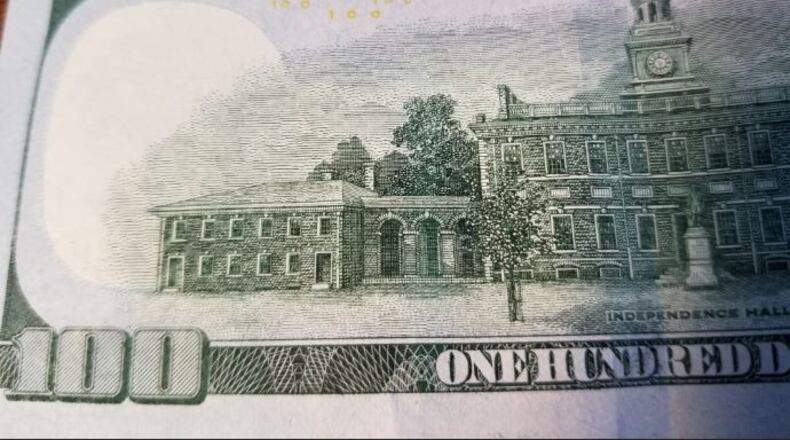When President Donald Trump used his State of the Union Address this week to again call for action on a major infrastructure plan in Congress, he once more received bipartisan support for his call to action, but Democrats and Republicans on Capitol Hill face a problem which has stymied action by lawmakers for years - where to get the money for billions and billions in spending for roads, bridges, ports, and airports.
"The number one critical thing we need," said Rep. Peter DeFazio (D-OR), "is additional funding," as DeFazio noted that federal gasoline taxes - used exclusively to fund new road and bridge construction - have not been increased by Congress since 1993.
As DeFazio convened a hearing Thursday of the House Transportation Committee, it was clear that many Democrats - and a number of Republicans - would like to move forward on legislation funding a host of infrastructure plans, but nothing can really happen until there's an agreement on funding.
DeFazio started his hearing by playing the sound of a fire alarm on his phone - drawing chuckles from those in the audience - but he was dead serious in making clear that it's time to raise federal gas taxes in order to bring in more money to repair American roads and bridges.
"There is not a danger in increasing the user fee for the first time in 26 years. If anyone has a better alternative, let me know," DeFazio said.
Credit: Jamie Dupree
Credit: Jamie Dupree
But the idea of raising federal gasoline taxes has scared off members of both parties repeatedly since the last gas tax increase under President Bill Clinton - which remains at 18.5 cents per gallon - despite the support of groups like the U.S. Chamber of Commerce.
President Obama made multiple proposals for infrastructure investments - in 2011, it was a $328 billion plan over ten years - but no funding stream was ever identified by his administration, as top officials told Congress at the time that the Obama Administration did not support raising gasoline taxes.
At Thursday's hearing, ex-Rep. Tim Walz (D-MN) - now the Governor of Minnesota - recounted to lawmakers that when he ran for Governor in 2018, his proposal to raise state gasoline taxes to pay for new infrastructure was attacked in ads.
Walz is considering a ten cent a gallon tax increase in Minnesota, to fund $30 million in work - though he says the infrastructure shortfall is closer to $18 billion just in his state.
"My numbers went up," Walz said of his campaign, though he still has a ways to go before getting his state legislature to raise Minnesota gas taxes to funnel more money to roads and bridges.
"Infrastructure is about more than dollars pledged, it is about less time in traffic and more time with our families," said Eric Garcetti, the Mayor of Los Angeles, as he told lawmakers they shouldn't worry about their political futures because of a gas tax increase.
"This is something voters want," Garcetti said, as his state's voters defeated a ballot initiative last November to repeal a recent gas tax increase.
President Trump has talked about doing something on infrastructure for several years, but the White House has never sent a plan to Capitol Hill to specify how much funding would come from the federal government, or how it would work.
Some groups say the U.S. needs to invest $2 trillion over the next ten years.
"You're talking big numbers here," said DeFazio, who readily acknowledges that much of that estimate needs funding from state and federal governments.
"I have hope - I still have hope we can come together on this," DeFazio told reporters this week.
But the riddle remains unanswered at the White House and in Congress - as to how a big new infrastructure plan will be funded.
About the Author



